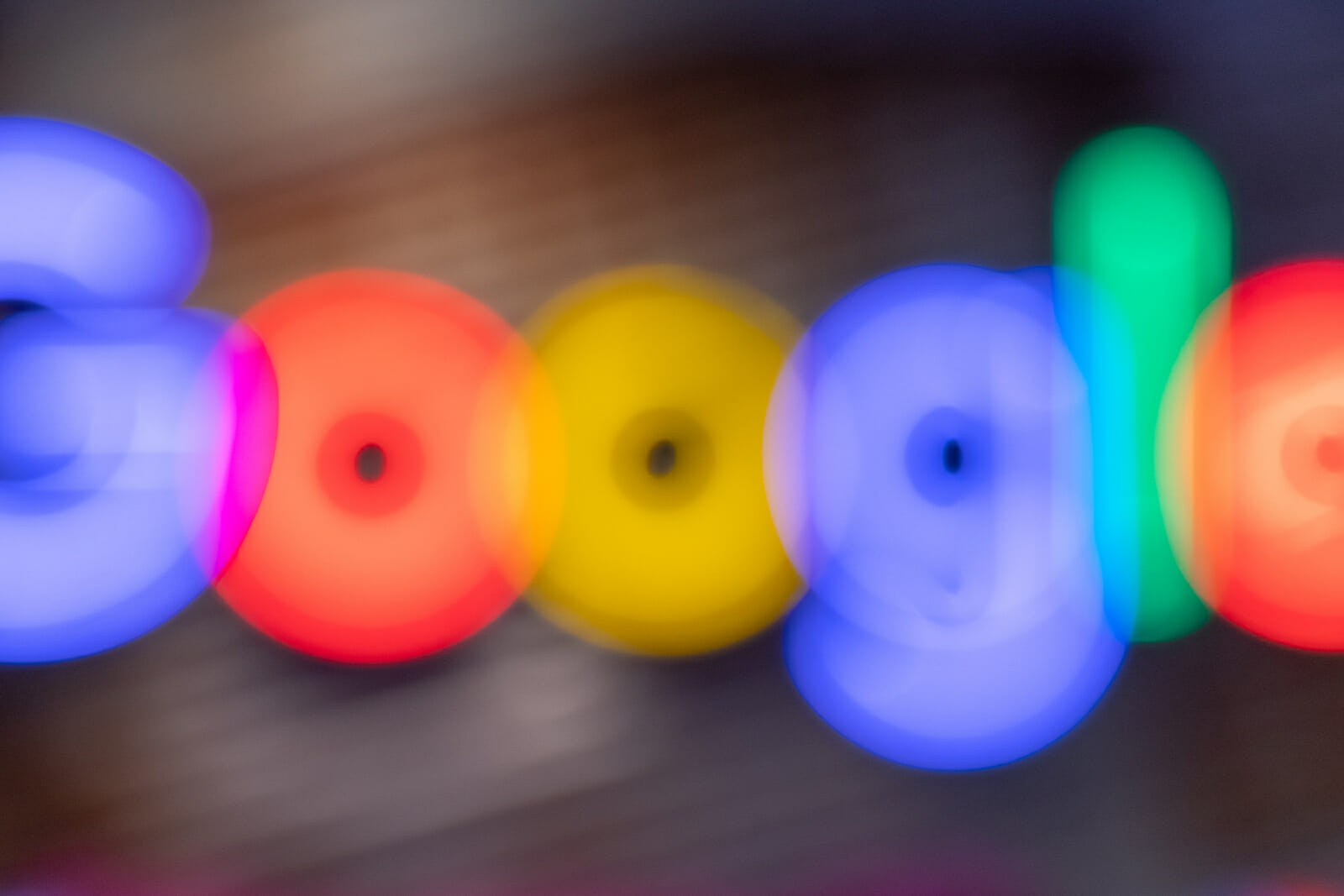
Tech
Google’s New Advertising Racket
Last year, in an op-ed for the Los Angeles Times, Andrew Yang, currently in the running to become the next mayor of NYC, wrote the following: “Whenever you sign up for a new social media service or website, or download an app onto your phone or computer, you’ll typically see some long disclaimer language written in legalese. You scroll through it quickly and click the ‘I agree’ button.”
What are you agreeing to?
Essentially, by clicking “I agree,” you enter into a Faustian bargain of sorts. In return for ‘knowledge’ and ‘entertainment,’ you agree to sell your soul to the devil, otherwise known as Big Tech. Although we can debate the existence of the soul, there is no debating the existence of private data, which tends to be inherently personal and sensitive in nature. What Google does, for example, is the closest thing to the commercialization of our souls, all 4 billion of us who use its search engine on a regular basis. And, as you undoubtedly know, the commercialization of our souls is a highly lucrative business.
Today, after years of data harvesting, Google is worth more than $1 trillion. Unfortunately, for us, the users, Google plays a major role in the facilitation of online fraud. A large number of targeted advertisements are actually scams. On Thursday, May 6th, the City of London police and the consumer protection group Which? asked the British government to take action on this matter. Has Google been doing enough to address scam ads? The answer appears to be not quite.
How much does the average person know about Google? Who is the company’s CEO? Sundar Pichai. The fact that Pichai is not a household name is as odd as it is disturbing. After all, Google is one the most valuable companies in the world, more powerful than Facebook – and everyone knows who Mark Zuckerberg is. Google knows you better than you know yourself. It owns both YouTube and Fitbit. From your browsing history to videos viewed, purchasing history to geographical location, Google is privy to the most intimate of information. Even when your location is turned off, Google can still track you.
Does an omnipresent, omniscient entity exist? Yes, and it’s headquartered in Mountain View, California. The Google panopticon sees everything. We, on the other hand, see only what we are allowed to. We are but algorithmic afterthoughts.
The main way Google generates revenue is through advertisements. As per the company’s website, Google is in the business of sharing “information about you with advertisers, business partners, sponsors, and other third parties.” Billions of people are being violated in the most appalling of ways, and the violations have been occurring for years. But hey, we “agreed” to it.
The only way to prevent further violations from occurring is by killing off third-party cookies. Their death would at least create an avenue to ending targeted advertisements, the bane of our online existence.
Well, there’s some good news. Last year, Google announced plans to put an end to third-party cookies. By 2022, we have been assured, the cookies will have truly crumbled.
Now, the bad news. What will replace these inedible crumbs of misery? A new web technology called Federated Learning of Cohorts (FLoC), which works by grouping users based on their interests and demographics. Although Google assures us that the new measures are an improvement over third-party cookies, a number of leading privacy advocates disagree.
The Electronic Frontier Foundation, an international non-profit digital rights group based in San Francisco, called the new technology a “terrible idea.” In fact, the researchers warn that a move to FLoC will likely “exacerbate many of the worst non-privacy problems with behavioral ads, including discrimination and predatory targeting.” In Europe, meanwhile, British and Irish authorities are investigating the FLoC initiative, reportedly alarmed by the invasive nature of this new technology. Unsurprisingly, alternative browsers have blasted the initiative. Why?
Because the invasion of users’ privacy will still occur. Remember, this is Google we are talking about. Big Tech companies are synonymous with many words but ethical is not one of them.
The existing cookies framework is based on an individual’s browsing history, which allows companies to target users with tailored advertisements. Under the new FLoC system, individual targeting will disappear. Advertisements, however, will not.
You see, when it comes to the monetization of our souls, Google is simply widening the net. FLoC will allow Chrome to gather an individual’s web history, then compare it with the browsing history of other users. Based on these findings, a user will then be grouped together with other like-minded users. Instead of direct, drone strike targeting, advertisements will now come in the form of carpet bombs, with whole groups of individuals being targeted. FLoC technology is simply a variation on the same theme. Poison in a different flavor.
Executives at Google claim to care about user privacy, but reality paints a very different picture. Remember, this is the same company that was caught accessing people’s emails without their knowledge. Google doesn’t care about you. It never has, and it never will. This is a company that, just a few years ago, removed the “don’t be evil” clause from its code of conduct.
Don’t be fooled by the promise to rid away with third-party cookies. The advertising surveillance complex is here to stay. Without our data, Google could never have become the biggest name in tech. For Pichai and his colleagues, the business model very much works. Why change it?
